
UK Graduate Student Spotlight: Bora Nam
Nam is studying equine arteritis virus evolution during persistent infection of stallions’ reproductive tracts.
Horse breeding from planning through foal care

Nam is studying equine arteritis virus evolution during persistent infection of stallions’ reproductive tracts.

Squamous cell carcinoma is the most common cancer found in equine eyes and the second most common equine tumor overall.

Causes of collapse in apparently healthy horses range from sleep deprivation and pain to muscle disorders and pregnancy.

Hormone concentrations can help diagnose reproductive problems, determine pregnancy status, and more.

Researchers are learning more about how microbes within the gut influence horse health.
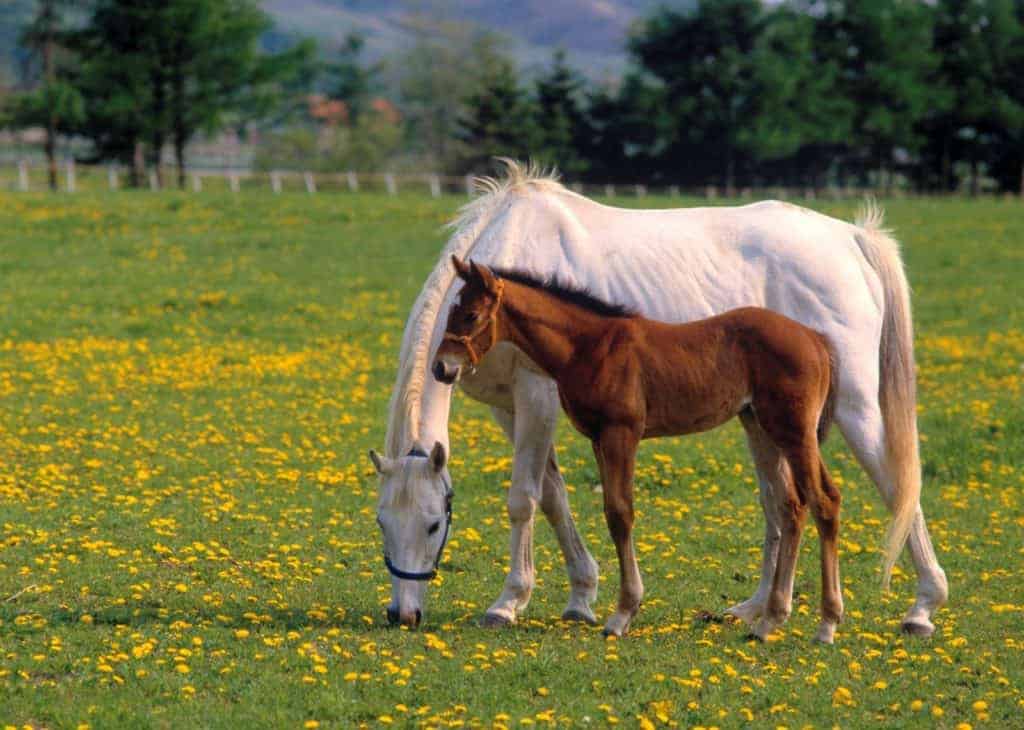
Researchers found that over- and underfeeding can affect foals’ bone growth, metabolism, and testicular development.
The state Department of Agriculture is working with the equine industry and veterinarians to contain the diseases.

No additional EHM cases have been identified since the removal of the positive horse on April 21.

Foals with lesions had reduced peak vertical forces in the affected limb, suggesting reduced weight-bearing.
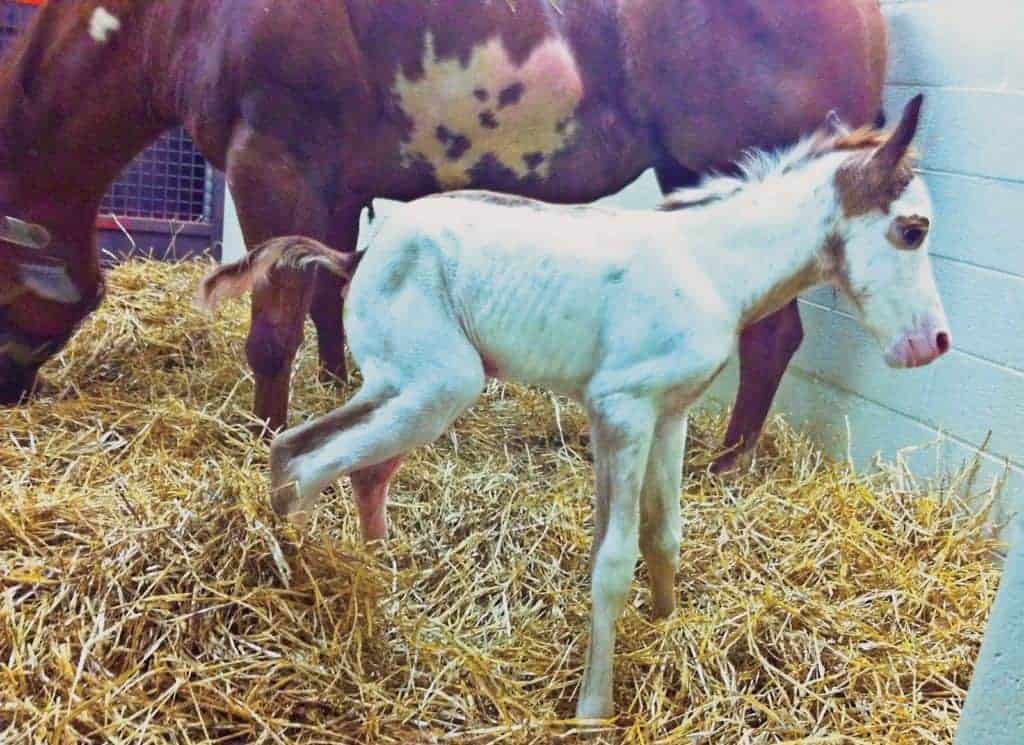
Learn to recognize and treat this condition that can threaten foals within the first 24 hours of life.
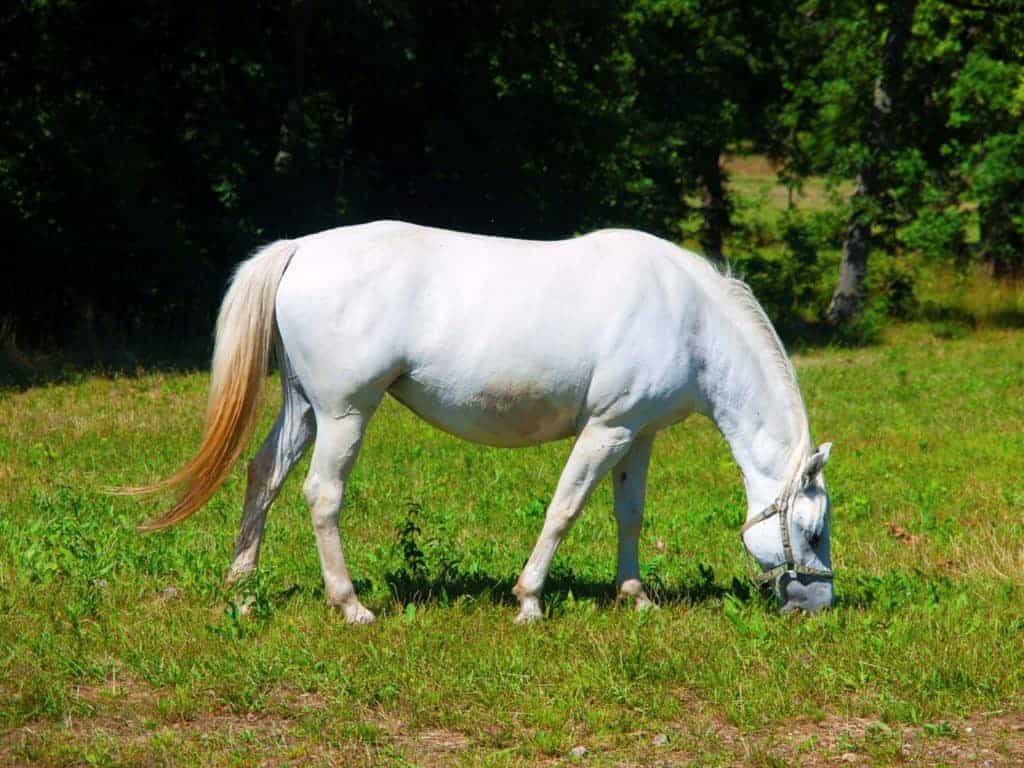
Researchers found that obesity appears to negatively impact mares’ follicles and oocytes and, thus, their fertility.
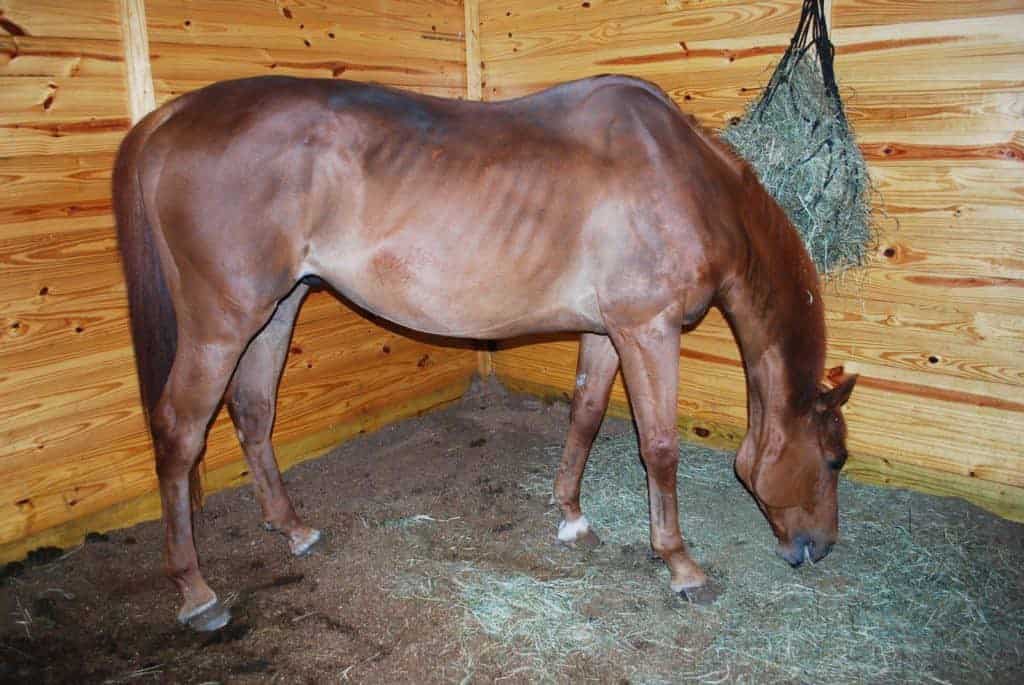
In most cases, energy requirement recommendations are an estimate of what a horse needs.

The 15-year-old Warmblood mare was euthanized after developing severe neurologic signs.

Oladunni is studying how equine herpesvirus-1 suppresses a host’s innate immune response.

Cases of EHV-related abortions from the 2017 foal crop have been confirmed in three Kentucky counties.
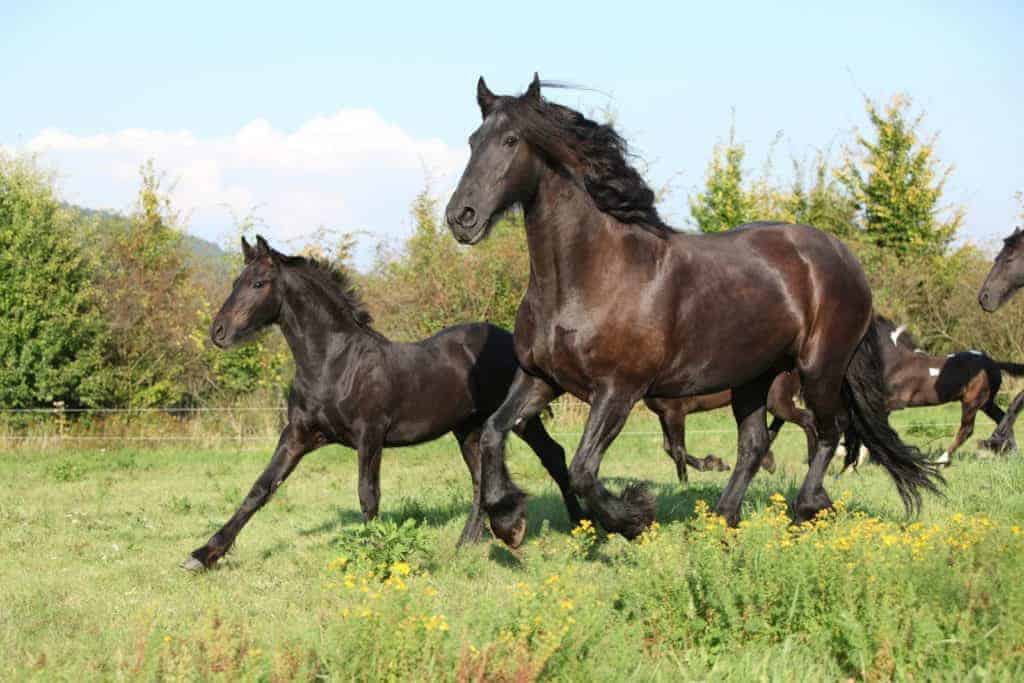
Genetic Testing at Gluck is offering tests to identify carriers of the dwarfism and hydrocephaly mutations.
Stay on top of the most recent Horse Health news with
"*" indicates required fields